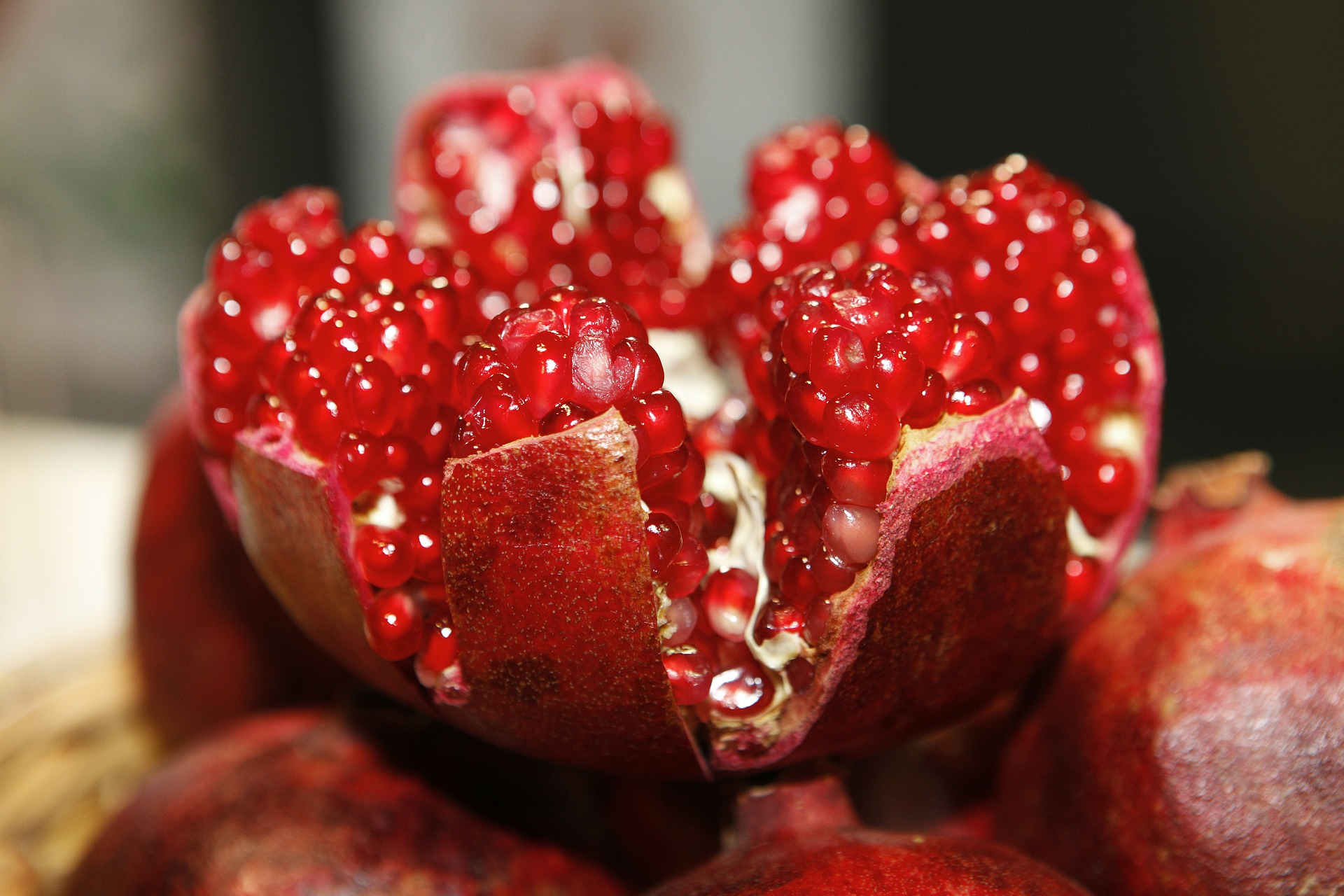Harmful effect of pesticides on food
Pesticides are used to protect crops against insects, weeds, fungi and other pests. Pesticides are potentially toxic to humans and can have both acute and chronic health effects, depending on the quantity and ways in which a person is exposed. A pesticide or a chemical can’t simply be classified as “dangerous” or “safe’ it always depends on the amount or dose, used. There are numerous health hazards linked to the use of pesticides. Pesticides can have grave effects on the health of anybody consuming fruits or vegetables highly contaminated with pesticides.
Several reports suggest that high levels of pesticides in food can lead to the development of diseases such as cancer, kidney and lung ailments. Children have developing organs, prone to catching infections and diseases. Any exposure to these high chemical residues can lead to childhood cancers, mental health problems such as autism and attention deficit hyperactivity disorder.
The effects of a pesticide or chemical or its residue will change with different amounts used. The USDA test more than 10,000 samples. In 2018, over 99% of the tested produce contained safe levels of pesticides, and 47.8% had no detectable levels of residue. The fruits and vegetables with the highest level of pesticides are spinach, strawberries, kale, grapes, apples, cherries, peaches, tomatoes, pears, potatoes. Eating fruit or vegetables which have been sprayed with pesticides can cause the following symptoms: Abdominal cramps, Vomiting, Nausea.
A number of pesticides have been associated with impaired fertility in males. Pesticides associations have been found in breast, liver, kidney, pancreas, brain, lung and skin cancer. It also summarizes the studies of pesticides and childhood cancer and concludes that the following childhood cancers were linked to pesticides exposure: leukemia, Wilms tumor, cancer of brain, colorectum and testes.
Long term exposure to pesticides result in reduced IQ and learning disability, associated with permanent brain damage. A study shows that children living in area with high level of pesticides exposure had less stamina, poorer eye-hand coordination and poorer memory. The risk of developing Parkinson’s disease is 70% greater in those expose to even low level of pesticides. There are also concerns that long term exposure may increase the risk of dementia. A pregnant women exposed to multiple pesticides had an increased risk of giving birth to a child with cleft palate or with limb reduction defects.
we can get rid of pesticides residues by removing the peel of the fruits and vegetables because most of the residues present at the outer layer of the food. Experts recommend people to eat organic foods as they are good for health.
Organic fruits are becoming increasingly popular and more available in the local grocery stores and supermarkets. Organic foods are grown without any pesticides or other harmful chemicals. Put the contaminated fruits and vegetables in one place in a container and put enough water in it. Now, put vinegar in it and leave the container for 15 minutes. After that, remove the fruits from the container. Now, rinse the fruit properly with water. Vinegar helps remove 98 percent of the pesticides residue and the insecticides from the fruit. This is an easy and effective way of removing pesticides from fruits and vegetables. The excess consumption of pesticides contributes in the accumulation of pesticide residues in food grains and vegetables associated with variety of human health hazards, including damage to central and peripheral nervous systems, cancer, allergies and hypersensitivities, reproductive disorders, and disruption of the immune system. The impact of pesticide residues can be minimized by preventive measures such as rational use of pesticides, washing and proper processing of food products, practicing organic farming, use of natural pesticides and bio-pesticides, and strict implementation and amendment of pesticide-related laws.
Written by: Farah Naz



